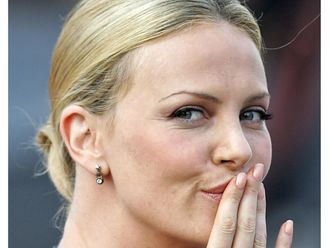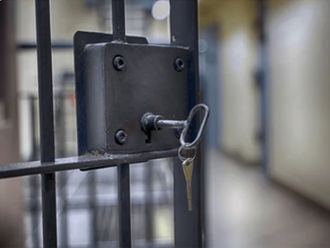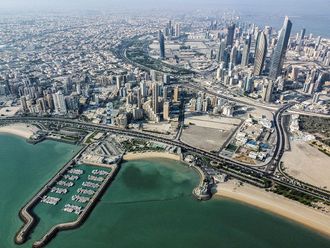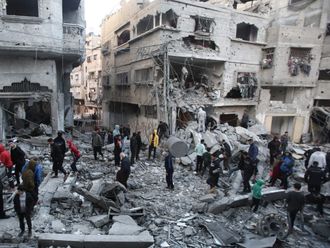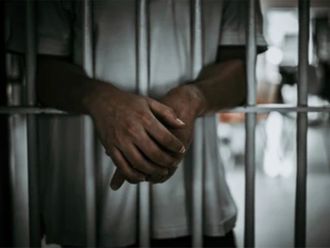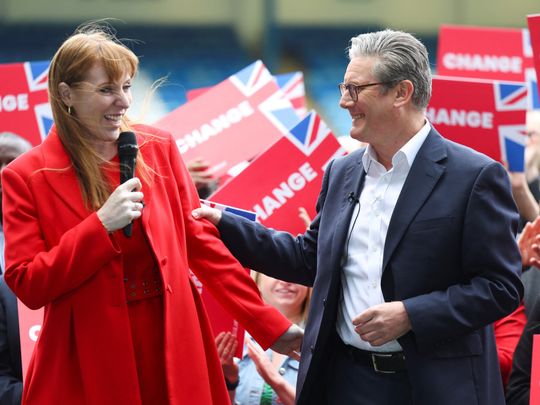
LONDON: UK political leaders kicked off six weeks of campaigning on Thursday, firing the first angry shots in their electoral battle before the country votes for a new government on July 4.
Conservative Prime Minister Rishi Sunak ended prolonged speculation about the general election in a rain-soaked speech Wednesday outside Downing Street, which some took as an omen for his Conservatives’ chances at the ballot box.
Sunak hit the airwaves for a round of radio and television interviews Thursday, before a whistlestop tour of Britain to insist he was right to call the vote. Sunak hit the airwaves for a round of radio and television interviews Thursday, before a whistlestop tour of Britain to insist he was right to call the vote.
But UK commentators were virtually unanimous in describing his decision to hold a vote six months before he has to as a “gamble”.
“I can’t for the life of me imagine why he has done this,” former Tory MP Matthew Parris wrote in The Times newspaper. “Rishi Sunak surely cannot believe the Conservatives can win the election this summer.”
The Conservatives have been in power since 2010, first with David Cameron as prime minister, then Theresa May, Boris Johnson and Liz Truss, and increasingly beset by scandal and ideological infighting with hardliners.
The right-wingers’ tumultuous time in power has been dominated by Brexit and its chaotic aftermath, as well as Covid and a cost-of-living crisis, all of which has eaten into public support.
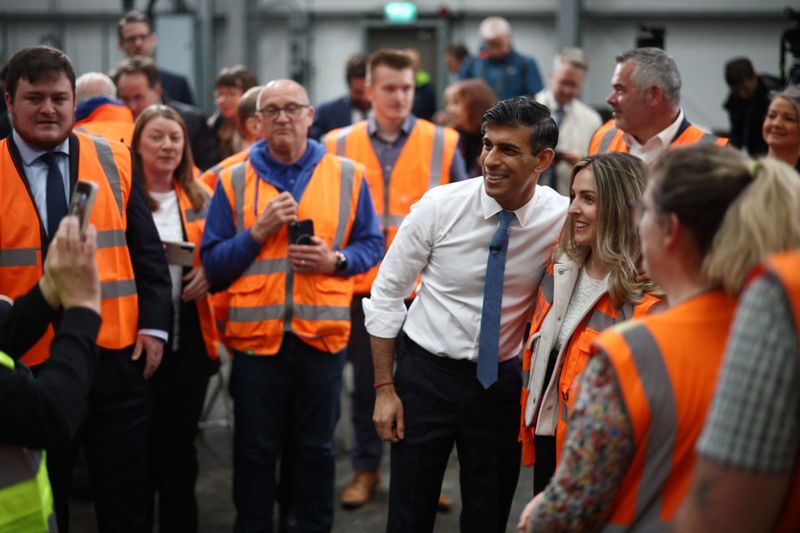
The gap between them and the main opposition Labour party over the last two years has opened to 20 percentage points, handing Sunak an uphill task.
A snap Survation poll of voting intentions after Sunak’s announcement put centre-left Labour on 48 points - its highest since November 2022 and 21 points ahead of the Tories, on 27.
Survation said the results were consistent with Labour’s polling throughout 2023 and this year. Other surveys that have suggested similar results.
Anti-immigration fringe party Reform UK is snapping on the heels of the Tories, polling at 11 percent with the potential to split the right-wing vote.
Brexit champion Nigel Farage announced he will not try to become an MP after seven previous unsuccessful attempts, promising instead to “do (his) bit” for Reform during the campaign.
Five weeks of campaigning then officially begin. Current members of parliament (MPs) lose their status and become candidates if they are running for office again.
The government enters a “pre-election period” - previously called “purdah” - which restricts what it can do before the next government is elected.
HOW IS THE ELECTION DECIDED?
England, Scotland, Wales and Northern Ireland - collectively the United Kingdom of Great Britain and Northern Ireland - are split into 650 parliamentary constituencies or seats.
Registered voters aged over 18 in each constituency are permitted to cast their ballot for one candidate, either in person at a polling station or via postal ballots and proxies.
The UK operates a “first-past-the-post” system, meaning the candidate who wins the most votes in each constituency is elected to represent that area in parliament.
Most candidates represent a political party but some stand as independents.
If a party secures a majority in parliament of at least 326 seats, then it forms the government and its leader becomes prime minister.
If no party crosses that threshold, then the one with the most MPs usually forms a coalition with a smaller group, as the Conservatives did with the Liberal Democrats in 2010.
The second largest party becomes the official opposition.
WHAT HAPPENED LAST TIME?
The last nationwide vote took place on December 12, 2019, when then-prime minister Boris Johnson secured a landslide victory for the Conservatives against Labour, then led by left-winger Jeremy Corbyn.
Johnson won largely on a single issue - to “get Brexit done”, which he did when the UK formally left the European Union in early 2020.
But his government quickly unravelled due to scandals including law-breaking parties at Downing Street during the coronavirus pandemic and Johnson was forced out by his own MPs in July 2022.
He was succeeded by Liz Truss who lasted just seven chaotic weeks in the job, during which she spooked financial markets, before the Conservatives replaced her with Sunak.
WHICH PARTY IS LIKELY TO WIN?
Labour, out of power since 2010, has enjoyed double-digit leads in most opinion polls for around two years.
That is largely due to a crippling cost-of-living crisis and Tory infighting that has resulted in five prime ministers since the 2016 Brexit vote, rather than overwhelming enthusiasm for Labour.
But Labour leader Keir Starmer, a former chief state prosecutor, needs a record swing of more than 12 points to achieve a majority of one, research has shown, meaning the result is far from a foregone conclusion.
The Tories might feel that their best chance comes from apathy among voters for both leaders, which could result in a “hung parliament”, when no party secures a majority.
A hung parliament would result in political horse-trading, where one of the smaller parties, most likely the Liberal Democrats, becomes kingmakers in forming a coalition.
The new parliament will be summoned to meet on Tuesday July 9, when a new Speaker will be elected and MPs sworn in. The formal State Opening will be on Wednesday July 17.
Change?
The vote - the first to be held in July since 1945, when Labour under Clement Attlee defeated Winston Churchill’s Conservatives - is Sunak’s first national electoral test. He was appointed leader by his own MPs in October 2022.
The 44-year-old former financier is presenting himself as the safe choice in an increasingly dangerous world and trumpeting the Tories as the party of economic stability.
Inflation has slowed to 2.3 per cent, figures showed on Wednesday, a three-year low after highs of more than 11 percent in 2022.
“I know there’s more work do... but we have undeniably made progress and stability has returned,” Sunak told BBC television.
He repeated his mantra that Labour, trounced in the last vote in 2019, was an unknown quantity, and accused Starmer of ideological flip-flopping on policy to curry favour with voters.
But Starmer, who has dragged the party back to the centre since taking over from his hard-left predecessor Jeremy Corbyn four years ago, said voters had a clear choice.
“Two countries, two different futures. Decline and chaos continuing under the Tories or rebuilding our country under Labour,” the 61-year-old former human rights lawyer said on a campaign stop.
Labour is also promising economic stability, saying the Tories’ reputation for sound stewardship of the nation’s finances had been stained by Truss’s short-lived tenure.
While the electioneering gets underway, activity in parliament is expected to pick up too as the government works out which of the pieces of legislation currently in process will be rushed through, and which will fall by the wayside.
Laws currently under discussion include Sunak’s plan to impose some of the world’s strictest anti-smoking rules by banning anyone aged 15 and under from ever buying cigarettes.
Sunak replaced Truss after just 49 days, when her tax cut plans spooked financial markets, sinking the pound and increasing mortgage rates, piling fresh misery on households already hit by higher food and energy prices.
On immigration - another key issue - Sunak promised that the first of the government’s controversial deportation flights of failed asylum seekers will take off for Rwanda, but only after the election.
Starmer, who has proposed a beefed-up border security agency and moves to “smash” people-smuggling gangs behind the crossings, called it an untested “gimmick”.



